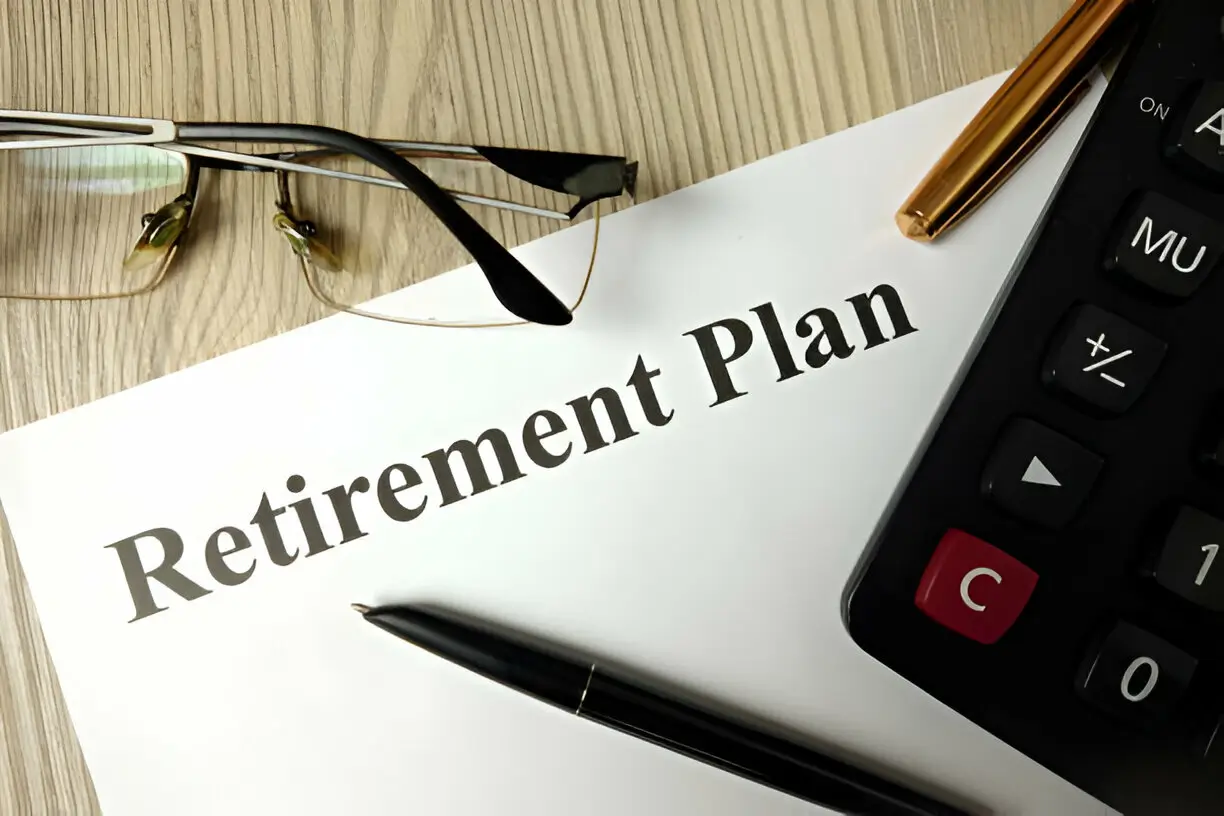The Financial Benefits of Owning vs Renting
Owning vs renting: it’s a debate that can make or break your financial future. Ever wondered which option could save you more money in the long run? In this guide, we’ll explore the financial benefits of owning vs. renting, helping you decide which path is right for you. Ready to see how your choice can impact your wallet? Let’s dive into the numbers and real-life examples that make all the difference.
The Financial Benefits of Owning vs Renting
When it comes to deciding between owning and renting, the financial implications can be significant. Both options have their merits, and the right choice depends on your personal circumstances and financial goals. This guide will help you navigate the complexities of owning vs. renting by examining the financial benefits of each option.
Understanding the Basics: Owning vs Renting
Before diving into the financial details, it’s important to understand what owning and renting entail. Each has unique aspects that can affect your finances in various ways.
What Does Owning a Home Involve?
Owning a home means you have a long-term investment. You build equity, have the freedom to make modifications, and potentially benefit from property appreciation. However, it also involves significant upfront costs, ongoing maintenance, and property taxes.
What Does Renting a Home Involve?
Renting provides flexibility and less responsibility for maintenance. Renters do not build equity, but they also avoid many of the costs associated with home ownership, such as property taxes and maintenance.
The Financial Benefits of Owning a Home
Owning a home can offer several financial advantages. Let’s explore these in detail.
Building Equity
One of the most significant financial benefits of owning a home is building equity. Each mortgage payment reduces your loan balance, increasing your ownership stake in the property.
Real-Life Example
Consider Sarah, who bought a home for $300,000 with a 20% down payment. Over ten years, she has paid down her mortgage to $200,000. The home has appreciated to $350,000, giving her $150,000 in equity.
Tax Benefits
Homeowners can benefit from various tax deductions, including mortgage interest and property taxes. These deductions can reduce your taxable income, leading to significant savings.
Property Appreciation
Real estate generally appreciates over time. This means the value of your home can increase, providing a return on your investment.
Stability and Predictability
Fixed-rate mortgages offer predictable monthly payments, which can make budgeting easier. Rent, on the other hand, can increase periodically.
The Financial Benefits of Renting
Renting also offers financial benefits, particularly for those who need flexibility or are not ready to commit to homeownership.
Lower Upfront Costs
Renting typically requires a security deposit and the first month’s rent, which is significantly less than the down payment and closing costs associated with buying a home.
No Maintenance Costs
Renters are not responsible for maintenance and repairs, which can save a substantial amount of money over time.
Flexibility
Renting allows for greater mobility. If you need to move for a job or other reasons, it’s easier to end a lease than to sell a home.
Real-Life Example
John is a recent college graduate who needs to relocate frequently for work. Renting allows him to move without the burden of selling a property, saving him time and money.
Comparing Long-Term Financial Impacts
To make an informed decision, it’s crucial to compare the long-term financial impacts of owning vs. renting.
Cost Analysis Over Time
Owning a home usually involves higher initial costs but can be more cost-effective over time. Renting is less expensive initially but can become more costly in the long run as rents increase.
Investment Growth
Homeownership can be seen as a form of forced savings. The money you spend on your mortgage builds equity, whereas rent payments do not provide a return.
Factors to Consider When Deciding
Several factors should influence your decision to buy or rent, including your financial situation, lifestyle, and long-term goals.
Your Financial Situation
Evaluate your savings, income stability, and credit score. These factors will impact your ability to secure a mortgage and handle the costs of homeownership.
Lifestyle and Mobility
Consider your lifestyle preferences and how long you plan to stay in one place. If you value flexibility or anticipate relocating, renting might be a better option.
Market Conditions
Housing market conditions can influence your decision. In some markets, renting may be more cost-effective, while in others, buying might offer better long-term benefits.
Real-Life Stories: Owning vs Renting
Real-life stories can provide valuable insights into the benefits of owning and renting.
Owning: Emily’s Story
Emily bought a home five years ago. She has seen her property value increase by 20%, providing her with significant equity. The stability of fixed mortgage payments has also made her financial planning easier.
Renting: Mark’s Story
Mark rents an apartment in the city center. The flexibility of renting has allowed him to take job opportunities in different cities without the hassle of selling a home. He also appreciates not having to worry about maintenance costs.
Conclusion: Making the Right Choice
Deciding whether to own or rent is a significant financial decision that depends on various factors. By understanding the financial benefits and considering your personal circumstances, you can make an informed choice that aligns with your long-term goals.
FAQs
What are the main financial benefits of owning a home?
Owning a home allows you to build equity, benefit from property appreciation, and enjoy tax deductions on mortgage interest and property taxes. It also provides stability with predictable monthly payments, especially with a fixed-rate mortgage.
How does renting compare to owning in terms of flexibility?
Renting offers greater flexibility as it’s easier to move at the end of a lease than to sell a home. This is particularly beneficial for individuals who may need to relocate frequently for work or personal reasons.
What costs are associated with owning a home?
Homeownership involves significant upfront costs such as a down payment and closing costs. Ongoing expenses include mortgage payments, property taxes, insurance, maintenance, and repairs.
Are there any tax benefits to renting?
Renters do not receive tax deductions on rent payments. However, they avoid property taxes and other homeowner expenses, which can be considered a financial benefit.
How can market conditions affect the decision to own or rent?
In a booming housing market, property values may rise, making homeownership a good investment. Conversely, in a declining market, renting might be more financially advantageous. It’s important to consider local market trends when making your decision.
What is equity, and why is it important?
Equity is the difference between the market value of your home and the outstanding balance on your mortgage. Building equity increases your net worth and provides financial leverage for future investments or loans.
How do maintenance costs impact the decision to own vs. rent?
Homeowners are responsible for all maintenance and repair costs, which can add up over time. Renters typically have these costs covered by their landlord, making renting less expensive in this aspect.
Can renting be a long-term financial strategy?
While renting does not build equity, it can be a viable long-term strategy for those who prioritize flexibility, lower upfront costs, and fewer responsibilities. Additionally, renters can invest their savings in other financial assets to grow their wealth.
How do personal financial goals influence the choice between owning and renting?
Your financial goals, such as saving for retirement, investing, or starting a business, should influence your decision. Homeownership can be part of a long-term investment strategy, while renting might provide the flexibility needed to achieve other financial objectives.
What should I consider before making a decision?
Consider your financial situation, lifestyle preferences, market conditions, and long-term goals. Assessing these factors will help you make an informed decision that aligns with your personal and financial needs.
By weighing the financial benefits and considering your personal situation, you can make an informed choice between owning and renting. Both options offer unique advantages, and the right decision will depend on your individual circumstances and long-term goals.






